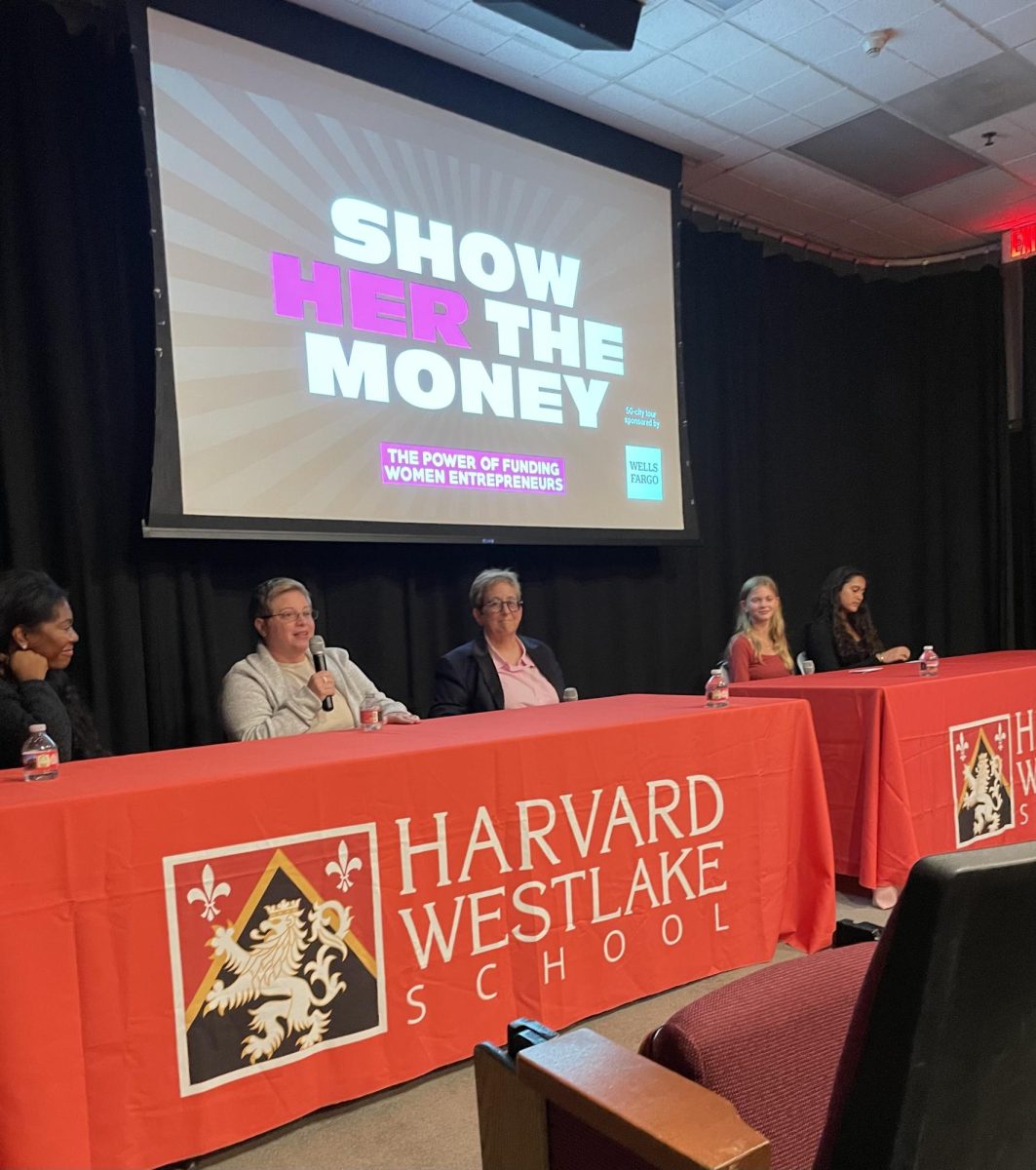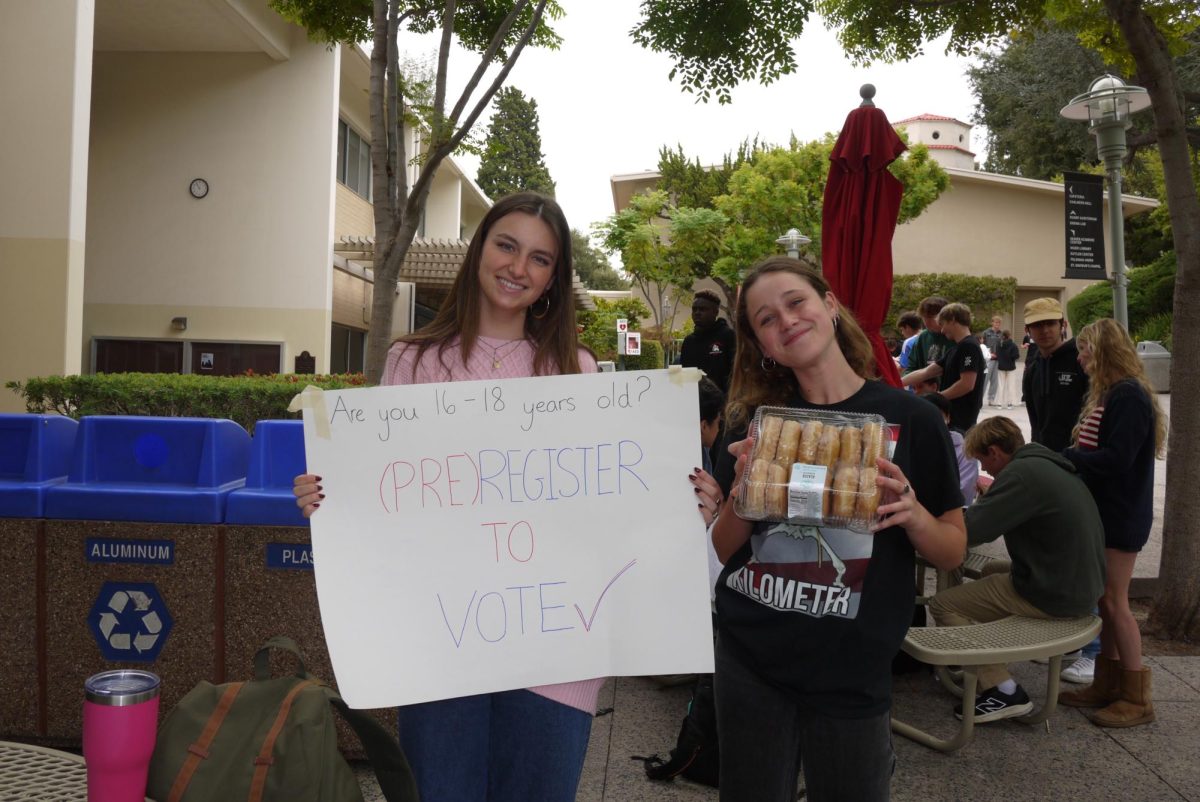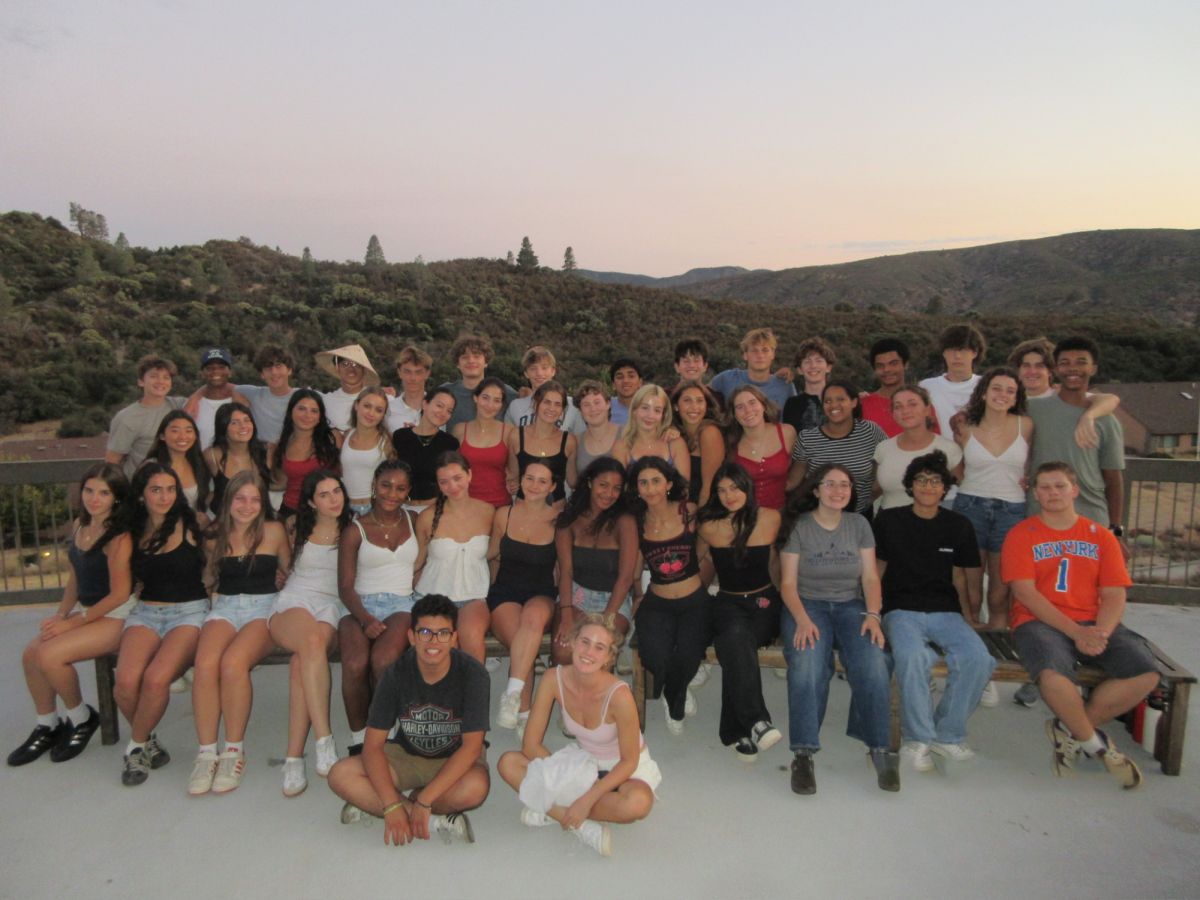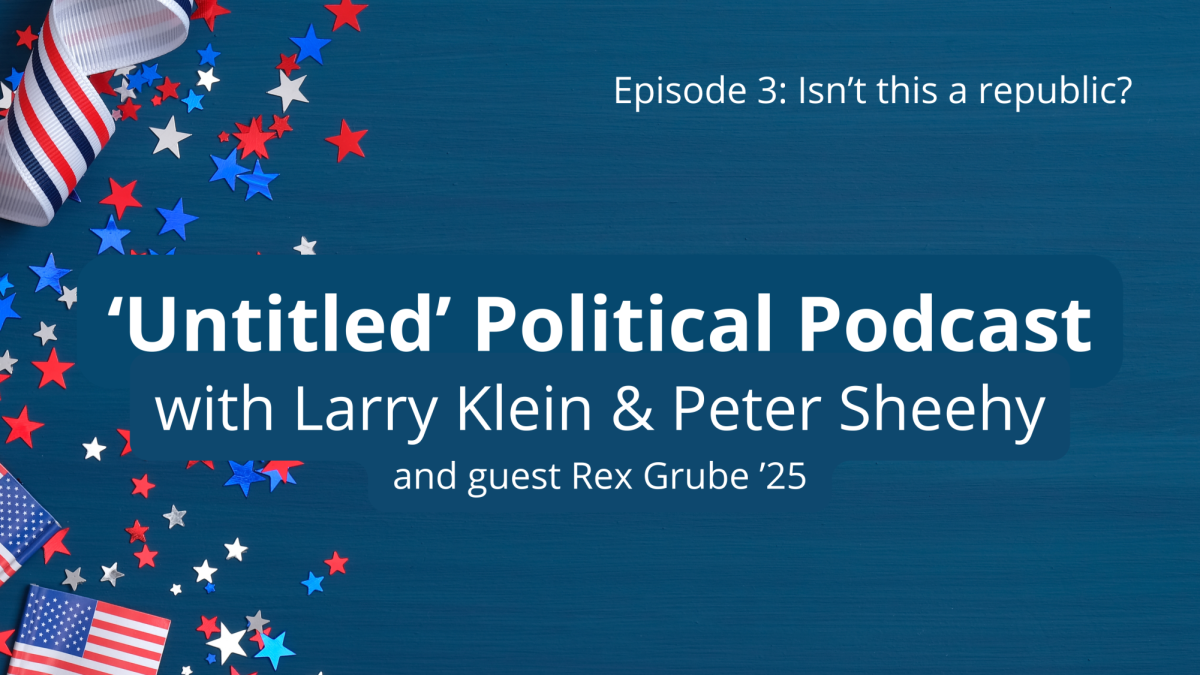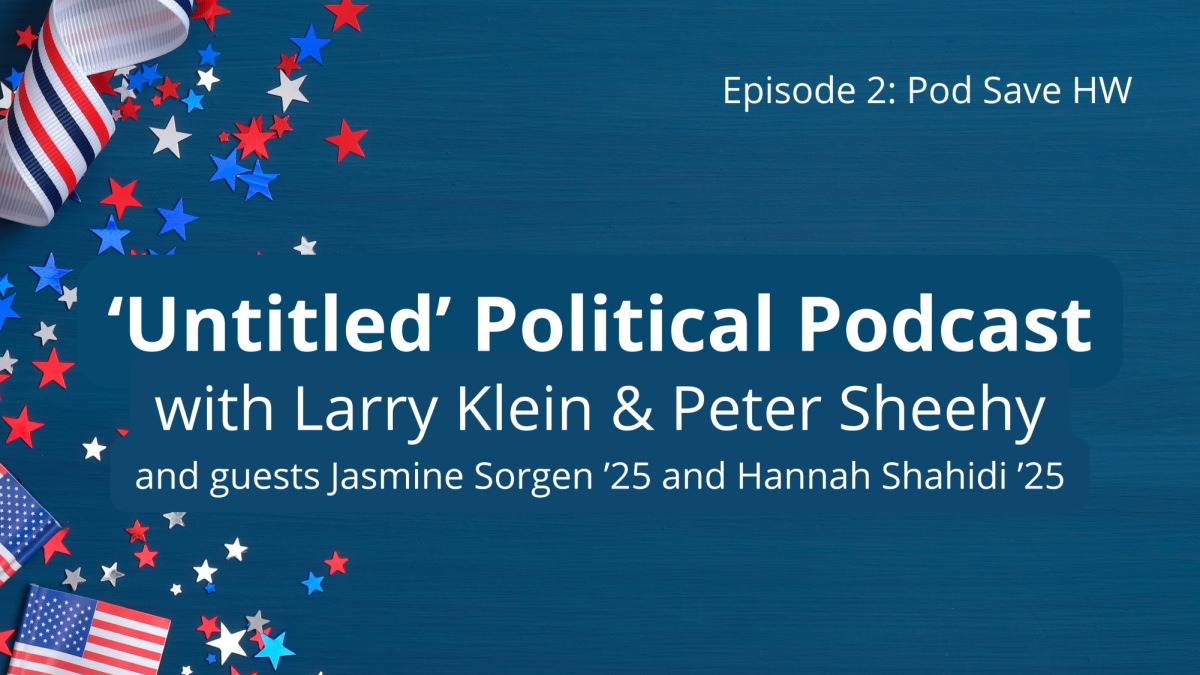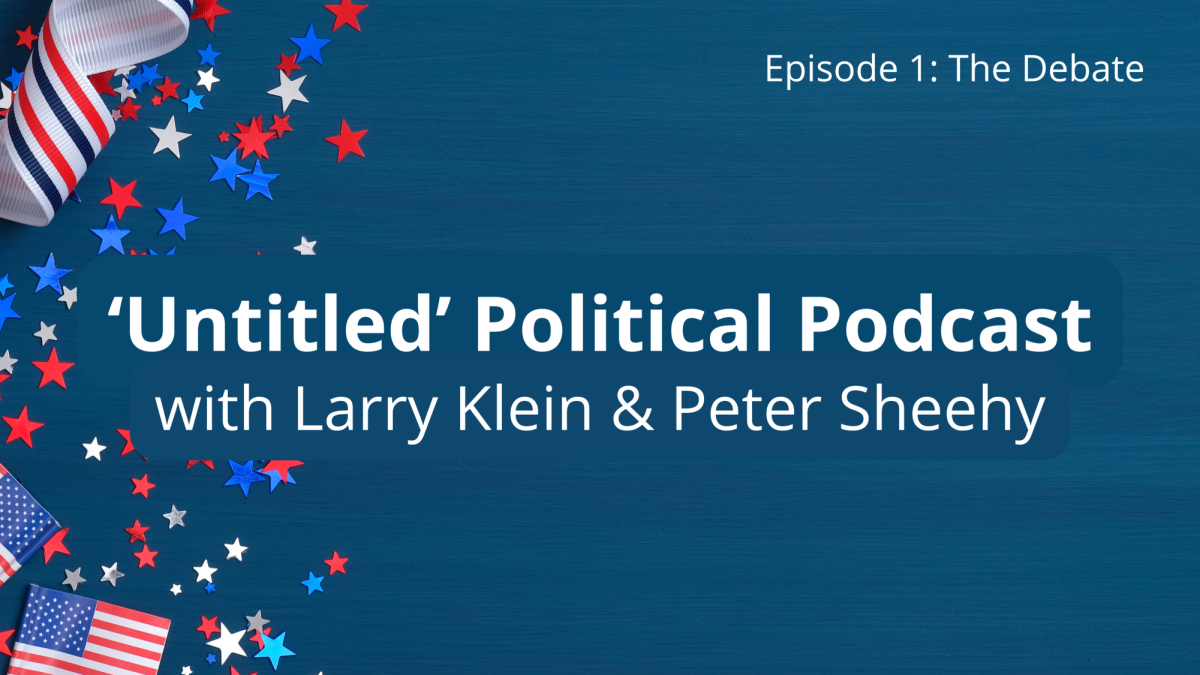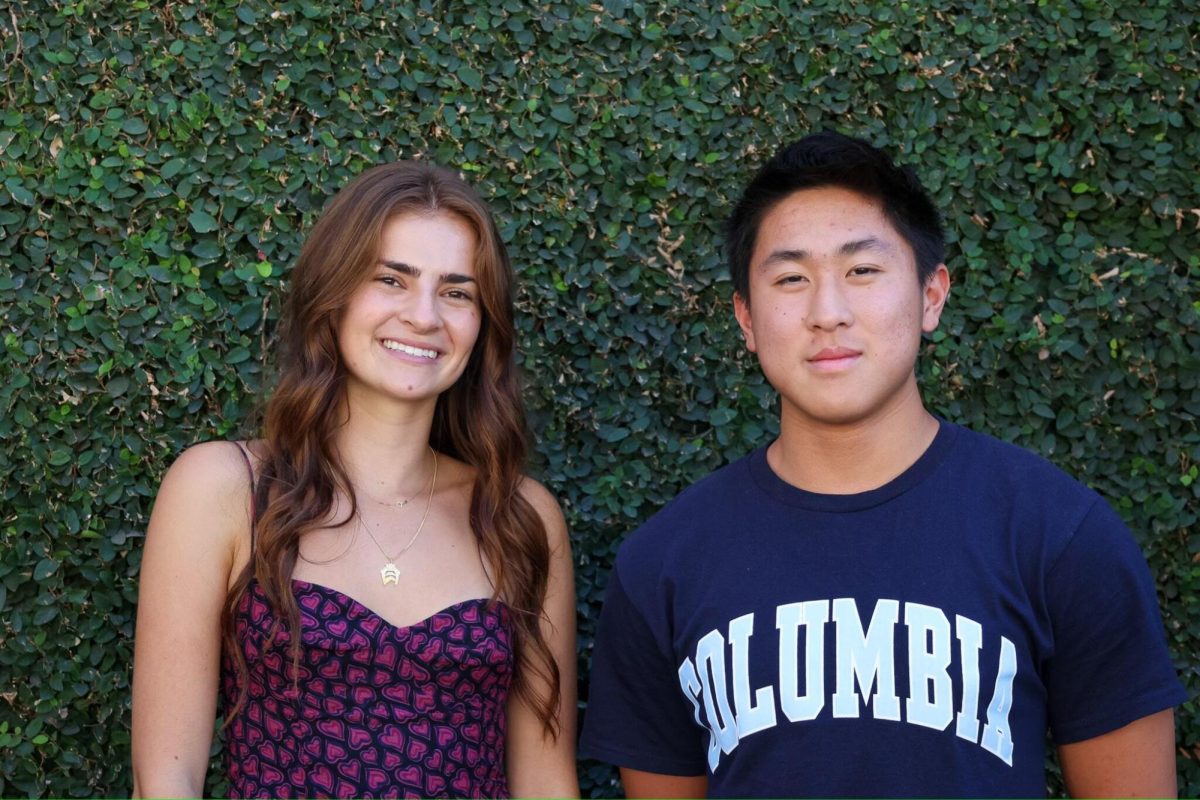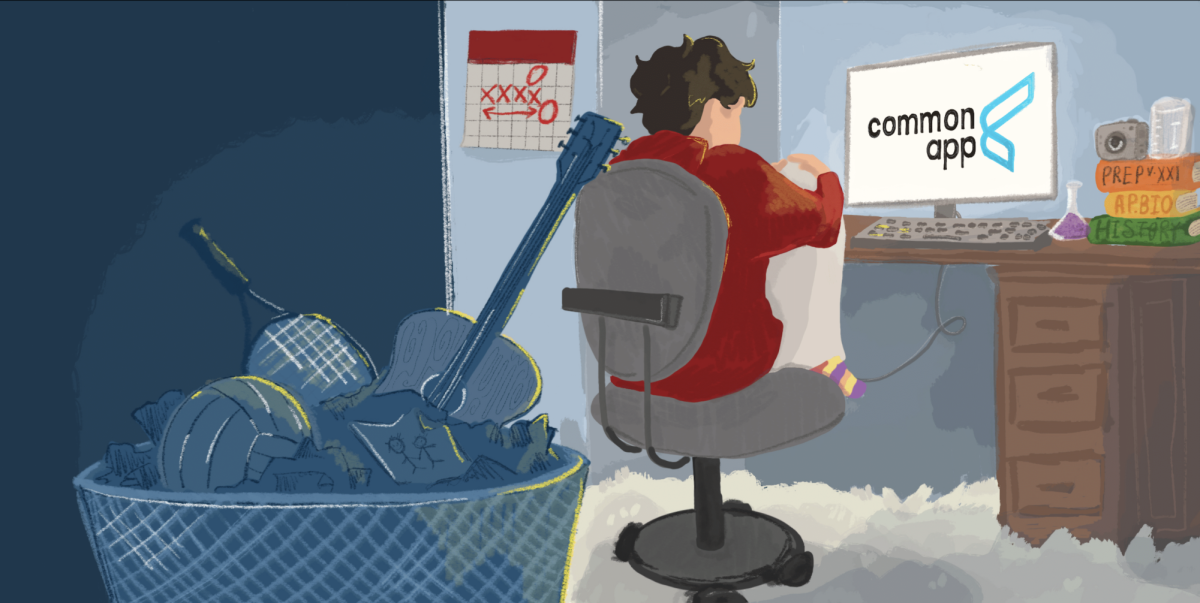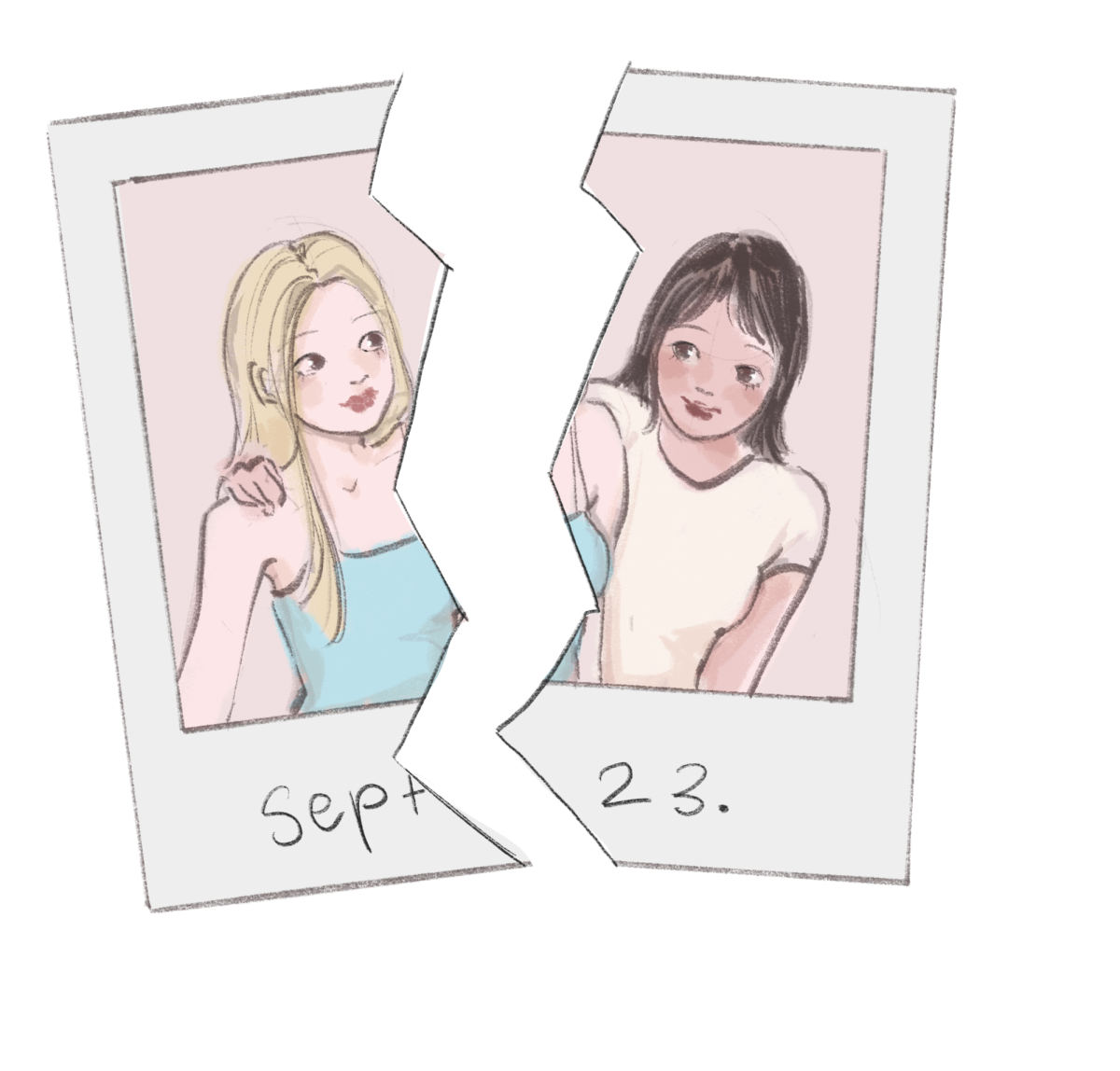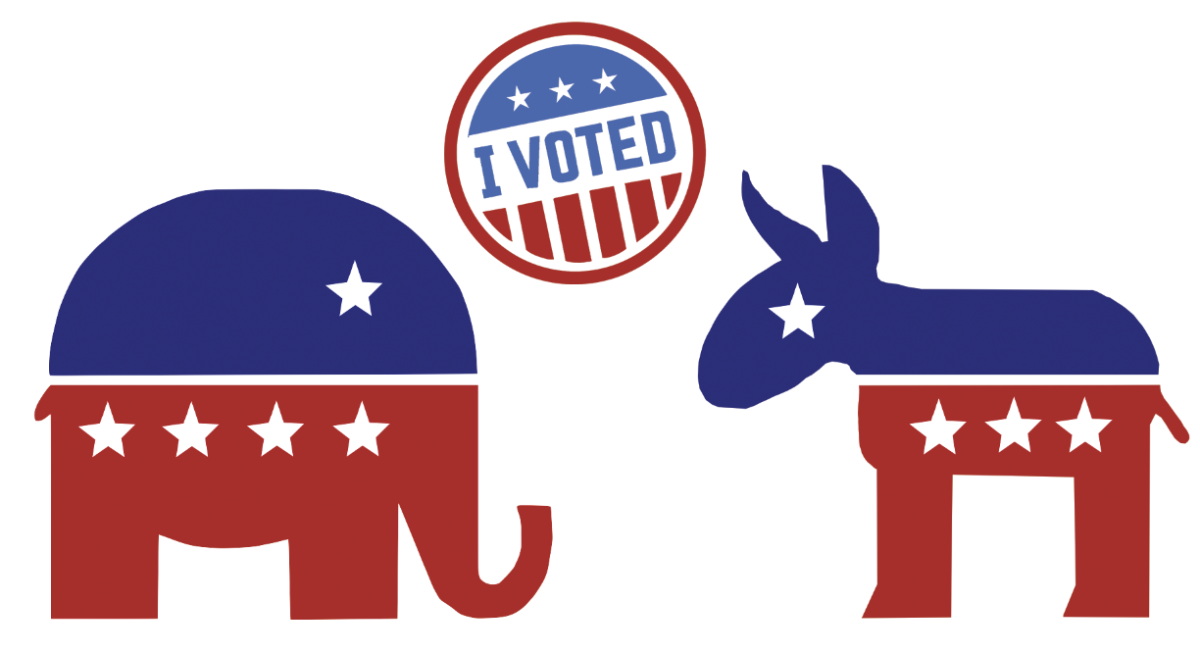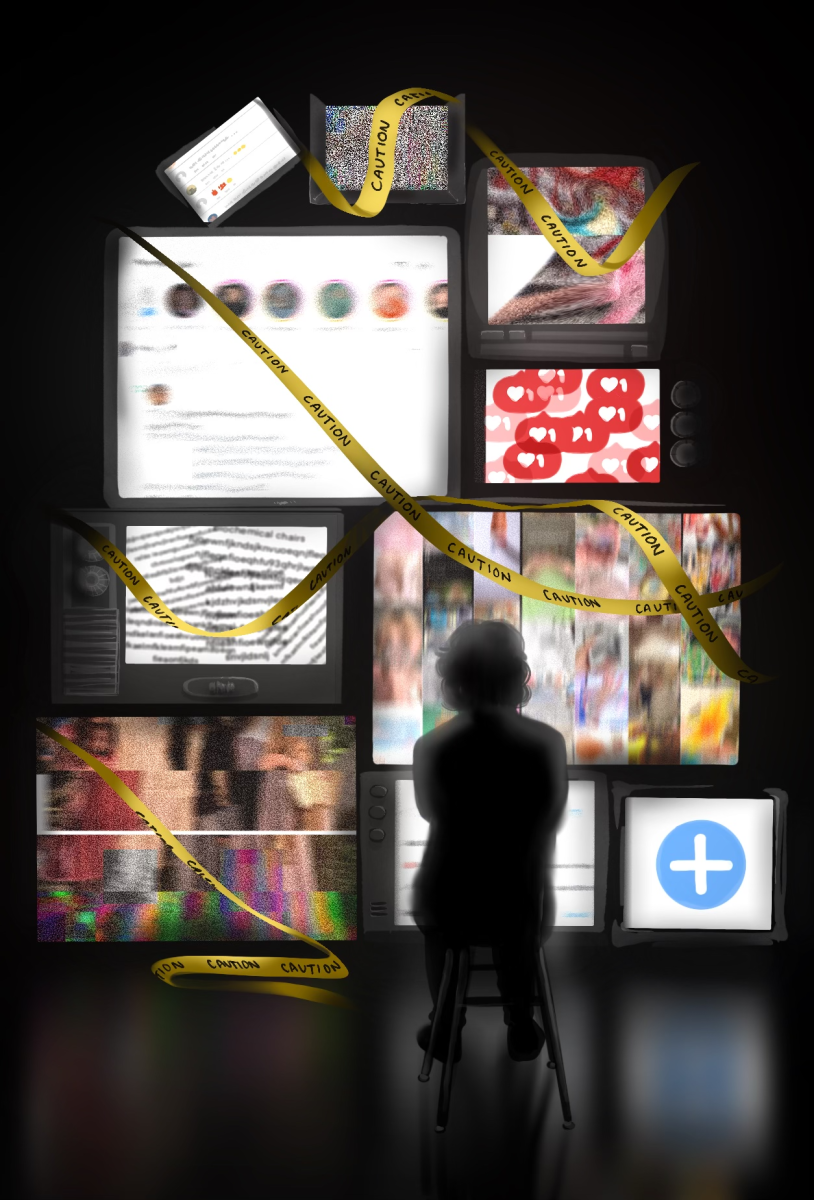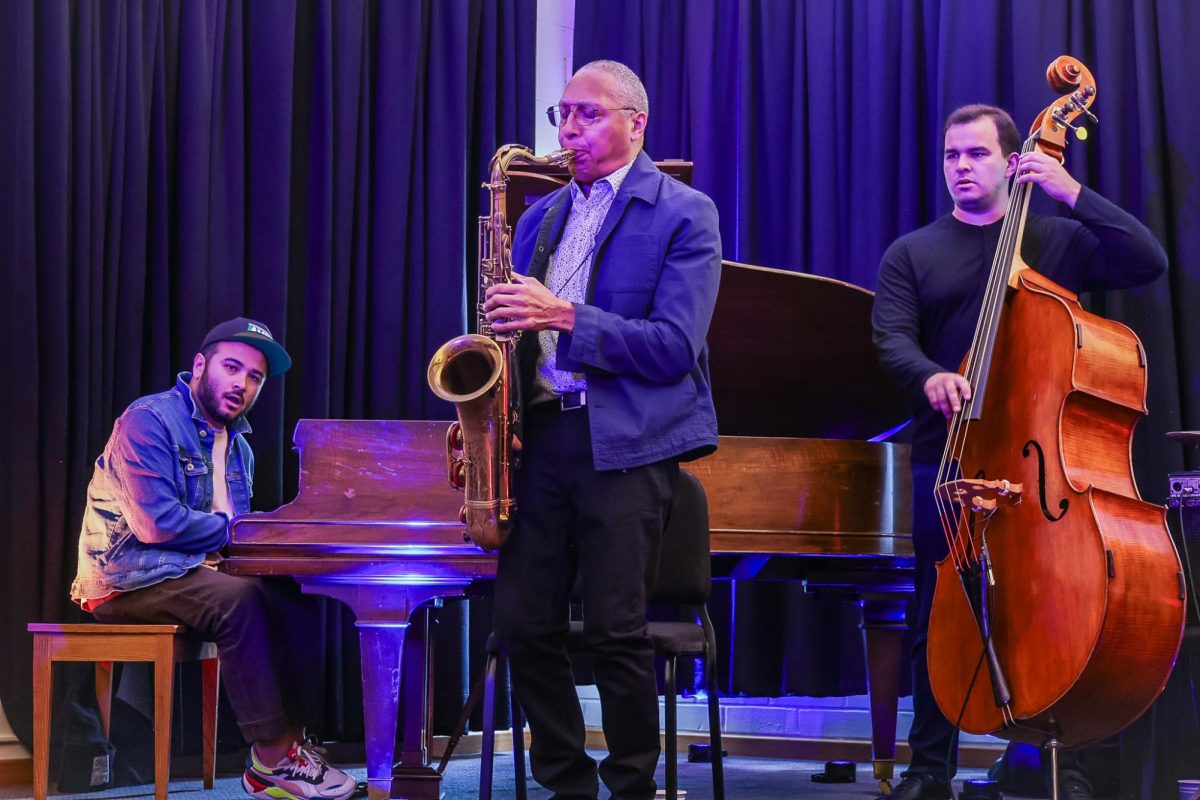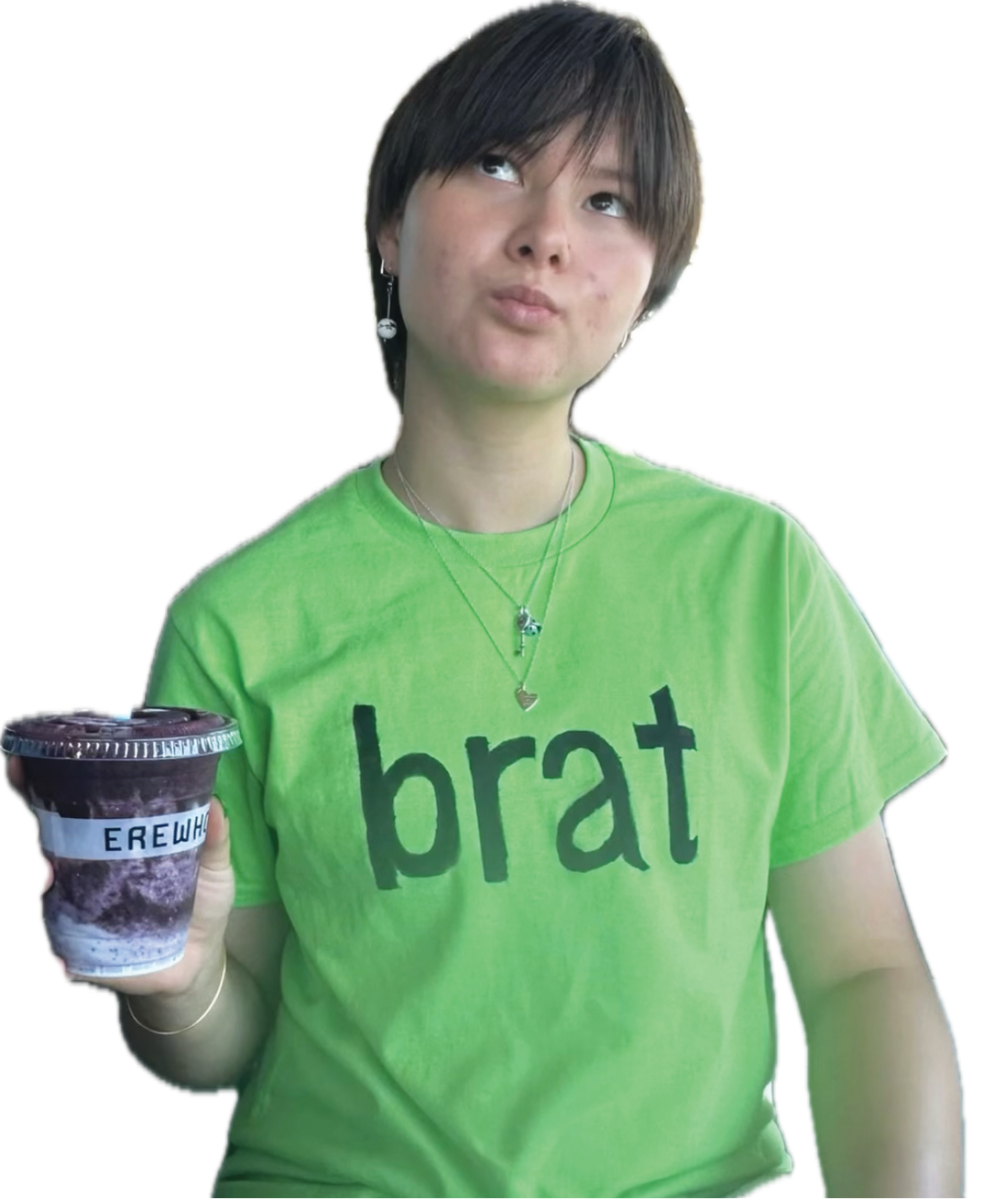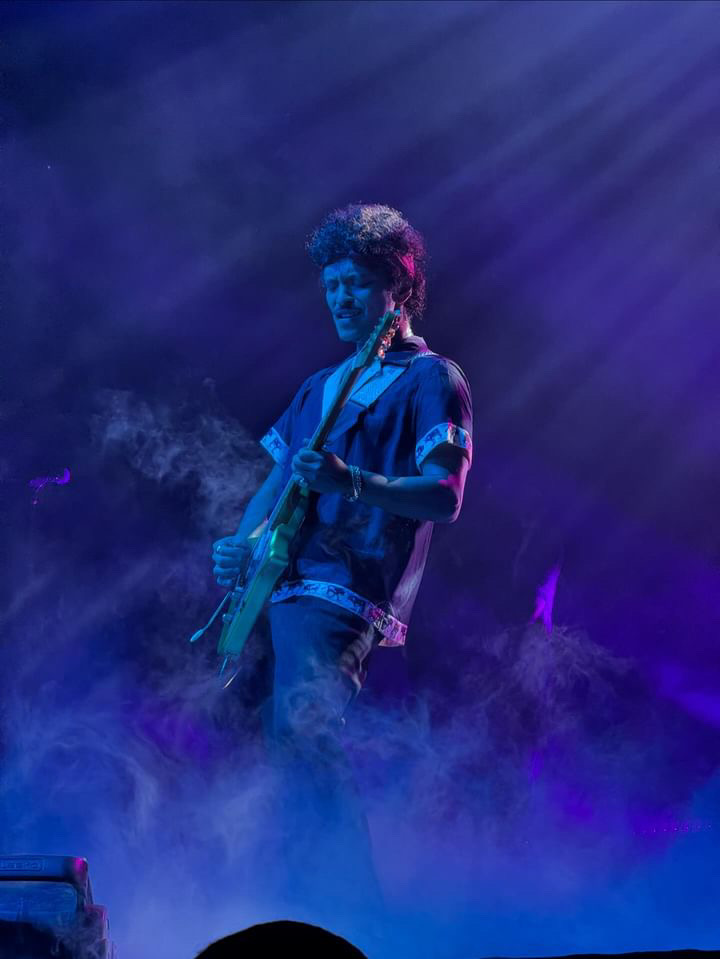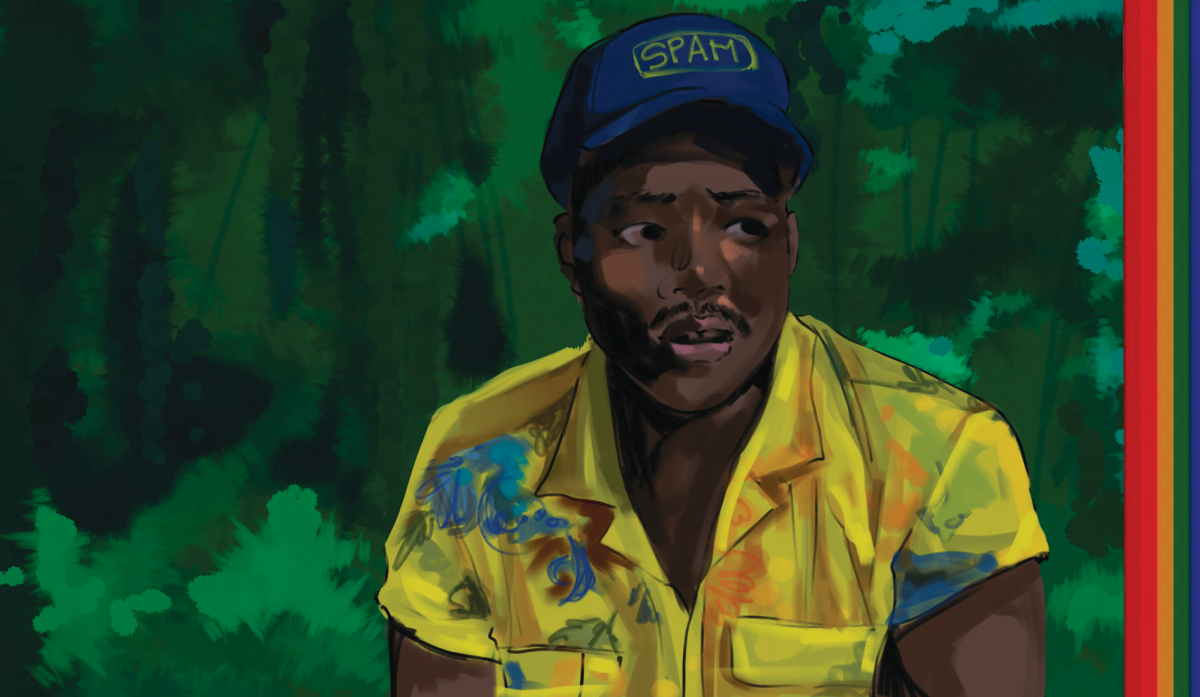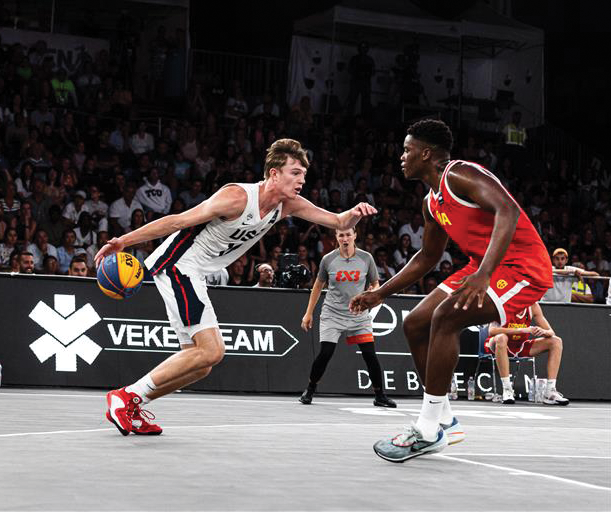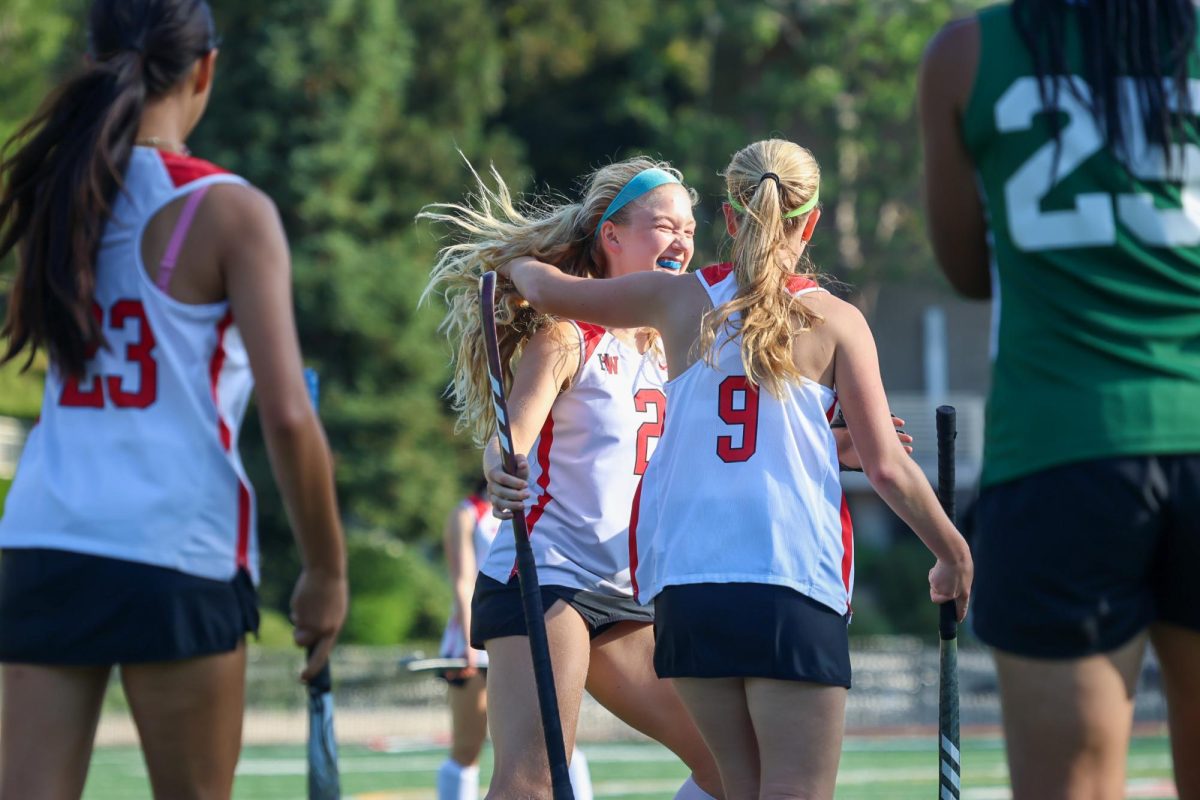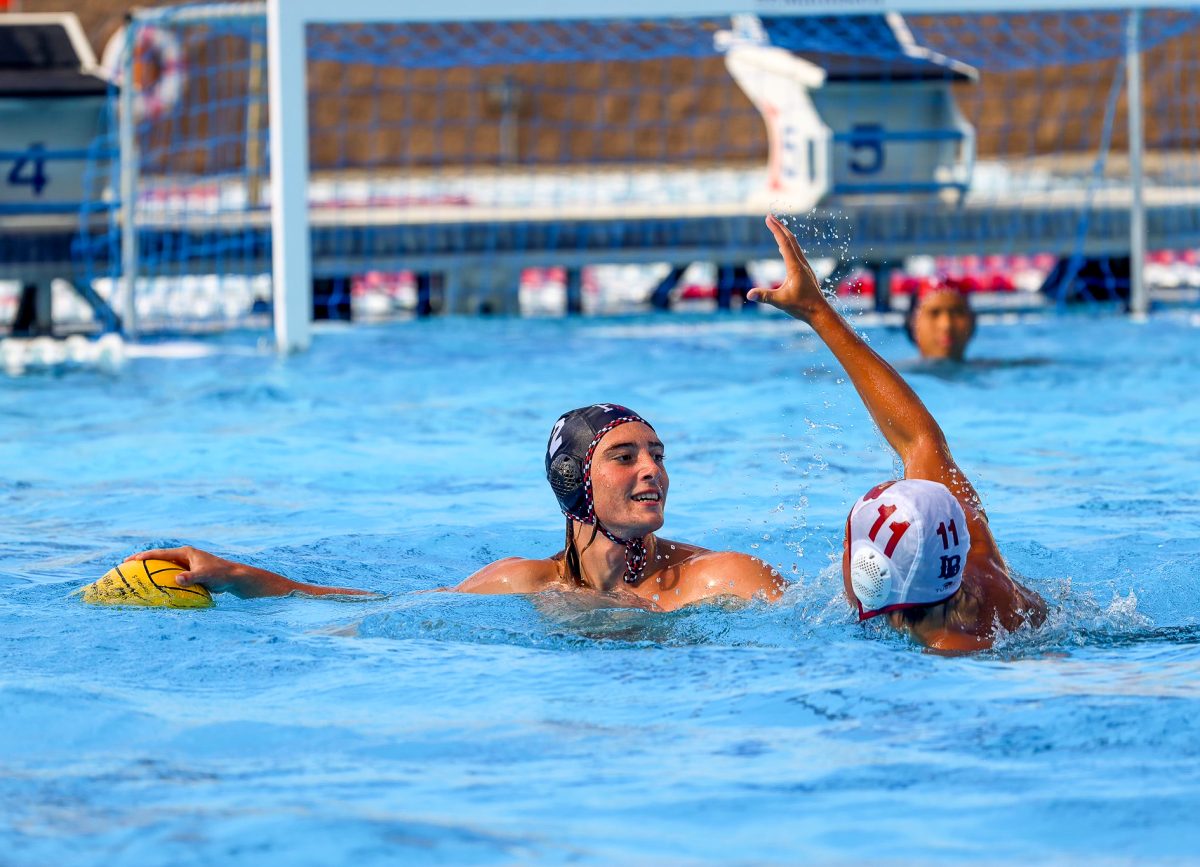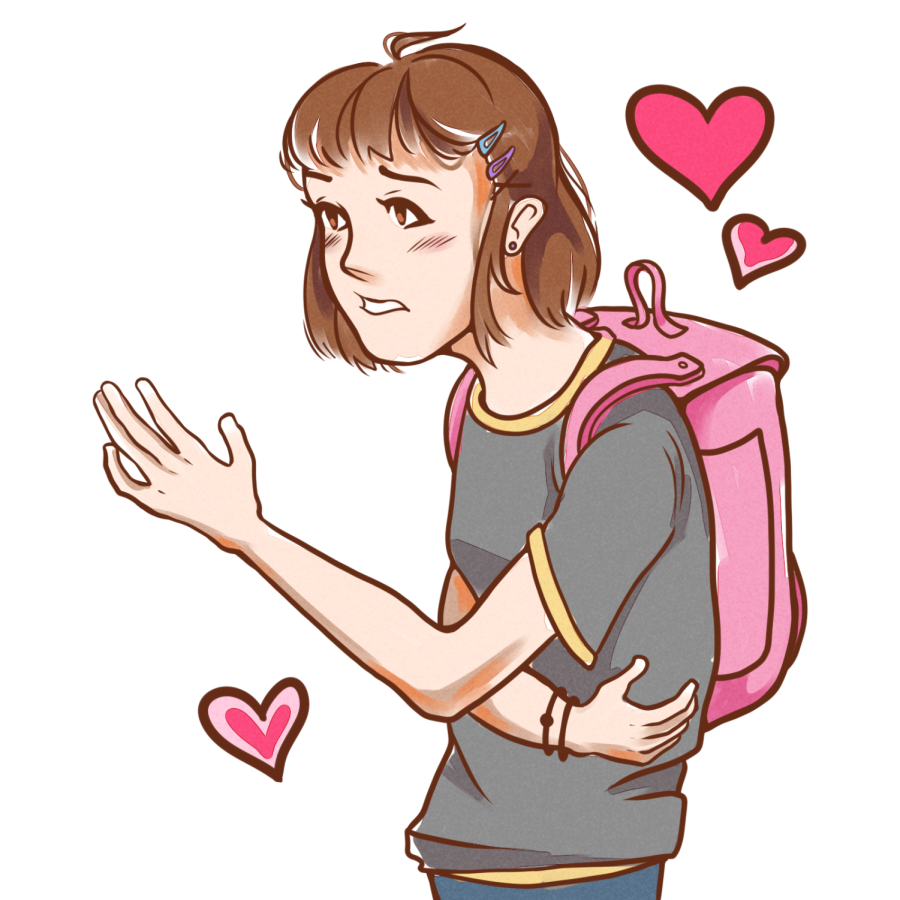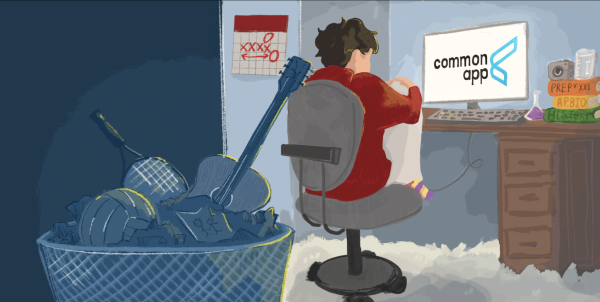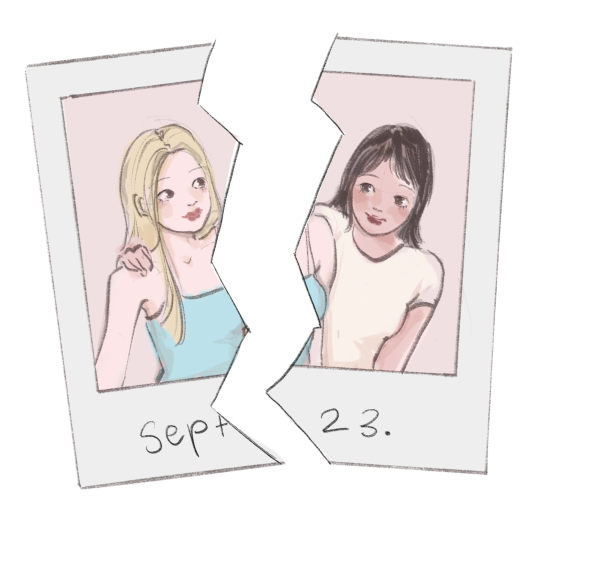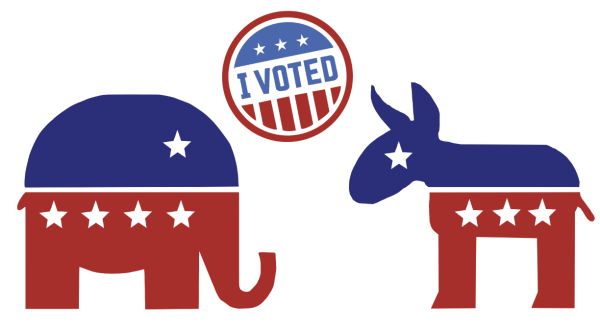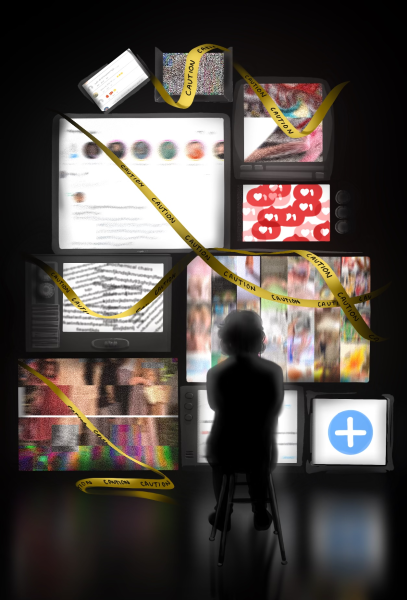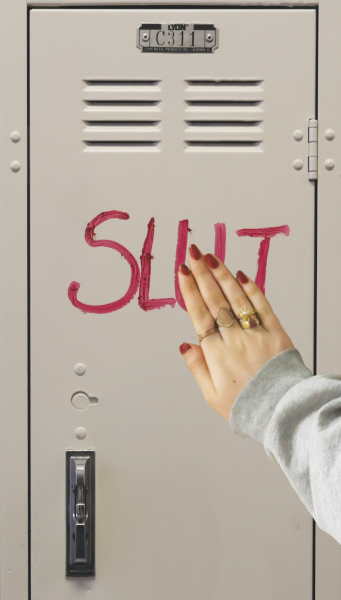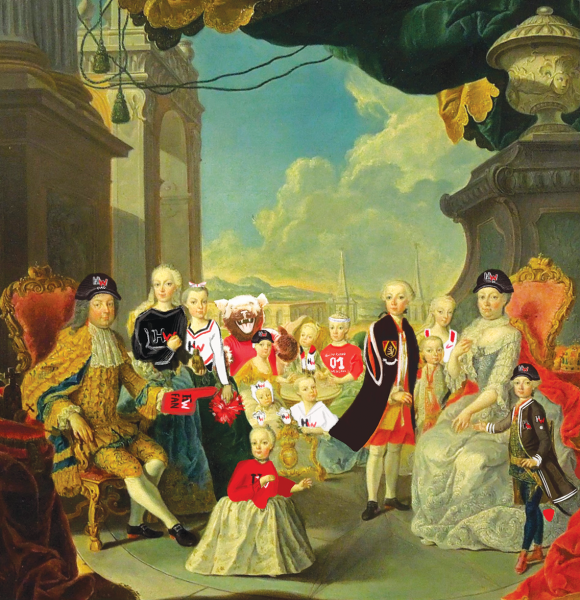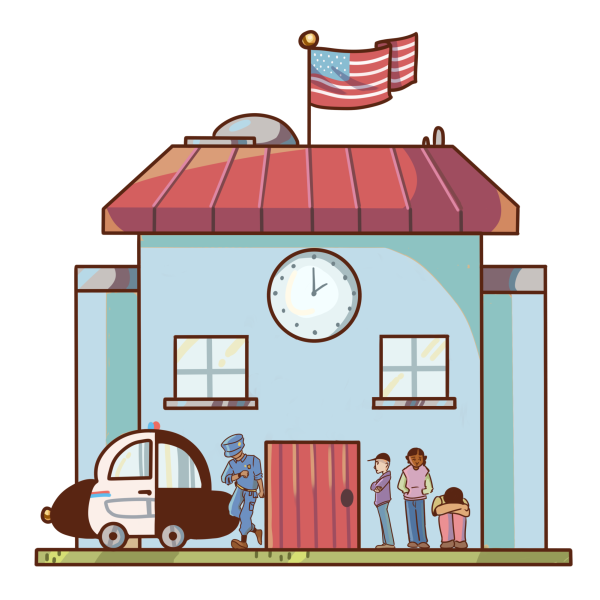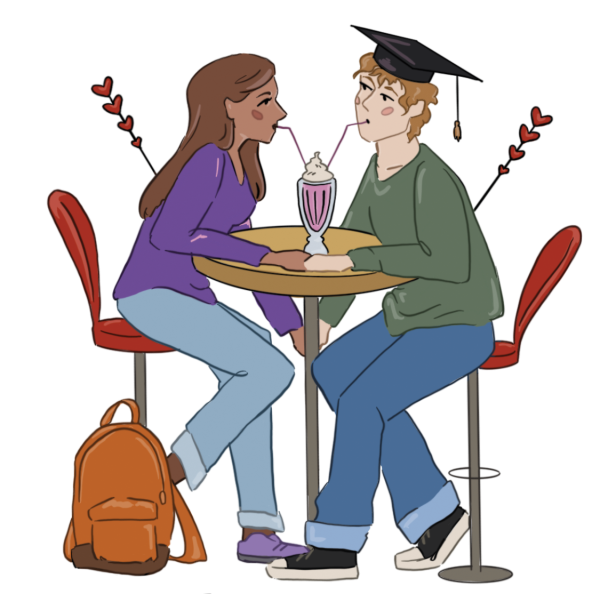Pride and Prejudice
The school community discusses LGBTQ culture on campus and new diversity, equity and inclusion initiatives for 2023.
As Clara Berg ’25 walked through campus during the lunch period, she noticed a lesbian couple holding hands at a Quad table. Berg’s eyes darted between the couple and her classmates, some of which oddly stared at the couple with judgmental faces. Though Berg did not think anything abnormal of the relationship, she concluded that the pair stood out to her friends because the couple was not straight.
Berg, who identifies as a member of the LGBTQ community, said she feels students at the school generally view same-sex relationships in a more negative way than they view straight relationships.
“If we can have straight couples basically shoving their mouths together on the Quad, we should be able to let gay people hold hands,” Berg said. “When two people of the same sex are holding hands or displaying public affection, people either get grossed out or think it’s platonic. Usually, [their reactions] are getting grossed out or confused. People don’t know how to accept seeing queer couples in public, so they either make assumptions, react by saying ‘yuck’ or they think, ‘oh, they’re just friends.’”
Co-leader of the school’s Gender and Sexuality Awareness (GSA) club, Audrey Engman ’23, who feels comfortable showing public displays of affection (PDA) on campus with her girlfriend, said she worries students might see her relationship as illegitimate compared to that of a straight couple.
“As someone who is in a [gay]relationship, I feel like a lot of the time, PDA is interpreted more as just friends hanging out or being physically affectionate,” Engman said.
Engman said in her time at the school she has developed a deep understanding of the student body’s outlook on the LGBTQ community.
“Generally, the student population is pretty good about being accepting of LGBTQ culture, at the very least when it comes to being gay,” Engman said.
In previous years, the school’s Diversity, Equity and Inclusion (DEI) Team implemented programs like “Courageous Conversations” to facilitate social justice dialogue, including conversations about sexuality and gender. Berg said she feels that the school’s administration has been supportive of the LGBTQ community to the best of its ability.
“We have this ‘Safe Space’ protocol where the teachers are trained to deal with kids who are having problems,” Berg said. “They went to a workshop, and they learned how to help queer kids out with feeling included by providing places to hang out. I think that’s pretty cool to see.”
Berg said she feels the best solution to eliminate all prejudices on campus toward the LGBTQ community is by educating students more.
“There’s no cure to any of these things, but I think the best solution would be education and for students to sit down and talk to someone who’s queer because they are normal people,” Berg said. “I, as a lesbian would be happy to talk to anybody who had questions because I want people to feel comfortable and know what’s going on.”
Engman said though the culture at the school is generally open-minded, individual incidents emphasize that there is still room for the student body to grow more accepting of students with different gender identities and sexualities.
“I have never felt unsafe on campus,” Engman said. “Everyone has been super supportive teachers or students or otherwise,” Engman said. “However, there are instances of homophobia, especially on sports teams where it isn’t really addressed, that I think the administration could do a better job of addressing.”
Engman’s GSA co-leader, Kieran Chung ’23, said it is imperative that the school acknowledges homophobic incidents on campus to educate the student body and provide a safer environment for LGBTQ students.
“I understand that it can be a difficult situation to navigate, but in terms of infractions with faculty and staff, I think a good direction to move in toward the future is setting up ways in which these incidents can be addressed,” Chung said. “But in terms of infractions with faculty and staff, I think a good direction to move in toward the future is setting up ways in which these incidents can be addressed.”
Chung said that not acknowledging certain prejudices on campus might make students less inclined to self-identify as part of the LGBTQ community.
“I feel comfortable leading this affinity group on campus, but I feel like as a person who is very visible in the LGBTQ community here, I might have a different experience than, maybe, a sophomore or just people in general who wouldn’t feel at ease being themselves in this environment on campus,” Chung said.
The school announced it is expanding DEI programs in the 2022-2023 school year. Head of DEI Janine Jones said the school has and will continue to implement policies helping all marginalized groups, including the LGBTQ community, to ensure that all students feel they belong at the school.
“If there’s one single student that feels like Harvard-Westlake is not a safe space because of their identity, our work is not done,” Jones said. “While the data at an aggregate level tells us that the majority of people who self-identify as members of the LGBTQ community on our campus report that they feel supported at Harvard-Westlake, I also know that there are situations and instances where individuals don’t feel safe in a particular classroom or in a particular space. Whether or not this campus is an entirely safe space for the LGBTQ community is a yes and a no.”
The school conducts an annual DEI survey for faculty and staff to analyze how race and social issues affect campus life and academics. Jones said the DEI team will collect data regarding the comfort levels of LGBTQ community members on campus to further inform equity initiatives.
“We’re monitoring closely for those faculty and staff members who identify as members of the LGBTQ community,” Jones said. “We will disaggregate the data, so that we can see if our members of the LGBTQ community are having a disproportionately worse or better experience as faculty members here or staff members here on campus. We’re going to try and make it an annual survey for students as well.”
Haley Huang, a former student at the school, transferred to Crossroads School before freshman year. Huang said though she did not experience explicit homophobia during her time in middle school, she still experienced the effects of prejudice.
“There are definitely things that people said that are kind of backhanded,” Huang said. “At that age, seventh grade and eighth grade, there’s a lot of ignorance surrounding LGBTQ people.”
Based on her experiences at both schools, Huang said the people she surrounded herself with defined school cultures.
“At both schools, I was able to find people who were very supportive, but the overarching culture at Crossroads is a lot more accepting,” Huang said. “[LGBTQ] relationships are a lot more normalized here. I feel like people go to Crossroads for the culture, but people go to Harvard-Westlake for the academics.”
Huang said students’ perspectives on LGBTQ relationships can change based on how many students attend each school and how interconnected the student body is.
“Harvard-Westlake is so much bigger than Crossroads,” Huang said. “Here, most people kind of know you and know everyone’s standing in a relationship. I feel like LGBTQ relationships at Crossroads are a lot more respected. Even within ‘guy culture,’ I have friends that are guys that take my relationship seriously, which I don’t think I had a lot of at Harvard-Westlake.”
Gus Mercado-Quinn ’25, who identifies as gay, said he refrains from oversimplifying the student body’s view of the LGBTQ community.
“There are definitely some people who view queer relationships differently,” Mercado-Quinn said. “However, I’m sure if that if there was a publicly queer couple on campus, it wouldn’t be an issue for the vast amount of Harvard-Westlake students.”
Mercado-Quinn said he has found an overwhelmingly supportive community at the upper school campus so far.
“People don’t really bother me about my sexuality,” Mercado Quinn said. “I just live my life.”

